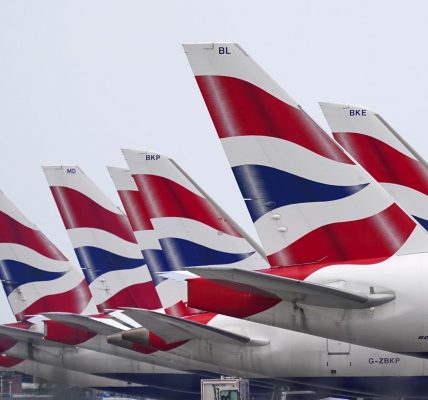Chancellor Rishi Sunak won't reconsider the controversial loan charge and says it's 'already been through a lot of scrutiny'
Chancellor Rishi Sunak won't reconsider the controversial loan charge and says it's 'already been through a lot of scrutiny'
Chancellor Rishi Sunak has resisted calls to look again at the controversial loan charge, despite MPs warning that thousands of people could go bankrupt due to the controversial policy which has left taxpayers with life-changing tax bills.
Mr Sunak told The Fond News that the policy, which was designed to tackle tax avoidance schemes, had “already been through” a lot of scrutiny and been amended and adjusted.
Last month a report from the Loan Charge All Party Parliamentary Group (APPG) concluded that most people facing the loan charge simply cannot pay it, whether in one go or on a monthly basis.
On a visit to Darlington last week Richmond MP Mr Sunak asked whether he would reconsider the policy announced in 2016 as a measure to tackle tax avoidance schemes where individuals receive income in the form of loans that are not repaid to avoid income tax.
Read More
US mineworkers deserve an apology over pension scheme 'injustice', says B…
He said: “So the policy has already been through quite a lot of parliamentary scrutiny, and had the scrutiny of an independent person, [senior auditor Sir] Amyas Morse, who provided a bunch of recommendations to the government about things to tweak and change with the policy and we accepted, pretty much all his recommendations.
“So the policy has already been amended and adjusted as a result of an independent person having a look at it, and it’s now been through quite a thorough parliamentary process and passed into law and it’s being implemented.”
Under the schemes the loan charge is designed to address, individuals – often freelancers or self-employed contractors – were paid via a third party in the form of loans, replacing part or all of their salary.
Due to loans not incurring income tax, the Government decided that those entering into such schemes, which dated back to 1999, had been skirting their tax payments and demanded income tax be paid on the full amounts received over that duration of time.
And in December last year, the Government accepted a number of recommendations in a report by Sir Amyas and agreed to reduce the tax bill of 30,000 people caught up in the loan charge – which has been linked to suicides.
The Loan Charge APPG conducted a survey in April 2021 of people facing the loan charge to evaluate the affordability of the loan charge and the impact of it when, as currently is the case, HMRC demand it this year.
The report added: “It is clear that people were mis-sold the schemes, as they were never given any sense of the risk of HMRC open enquiries or their seeking to close them down.
“People were given the impression that the schemes were entirely compliant with tax law and that there was nothing to worry about, even though advisers and promoters knew that
Government and HMRC wanted to stop the operation of schemes and that the direction of travel politically was that they would do so.
“Many people facing the loan charge have also lost income due to the off-payroll rules roll-out and the Covid-19 pandemic.”
Mr Sunak said: “For those people that are struggling with some of the payments, HMRC are available to talk to them about structuring those payments in a way that works for their particular circumstances and they’ve always been happy to do that and they are very much there to assist with people to put in place an appropriate payment plan as required.”










